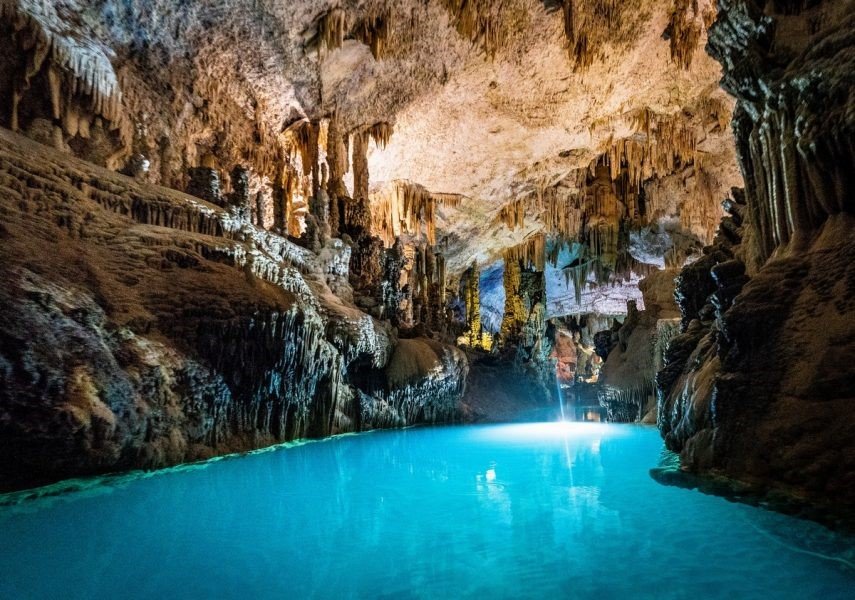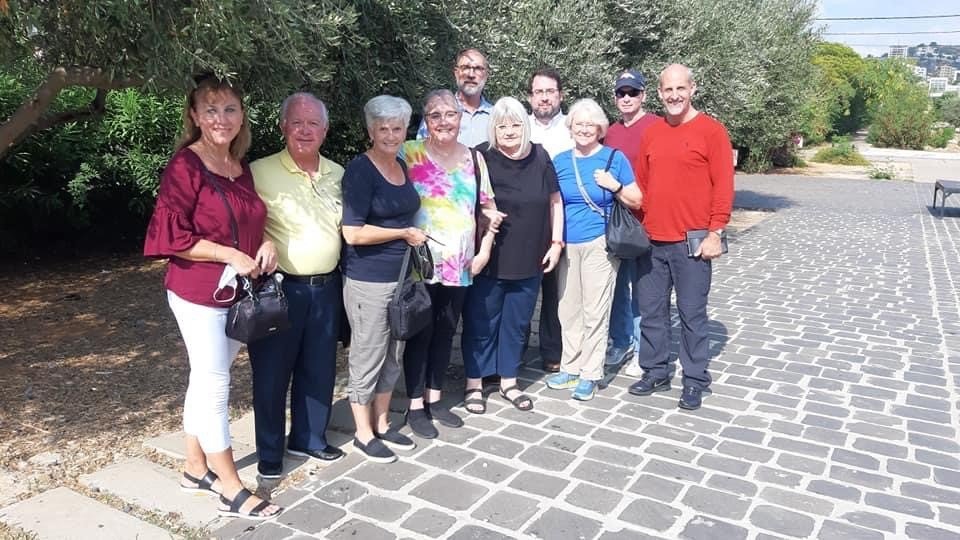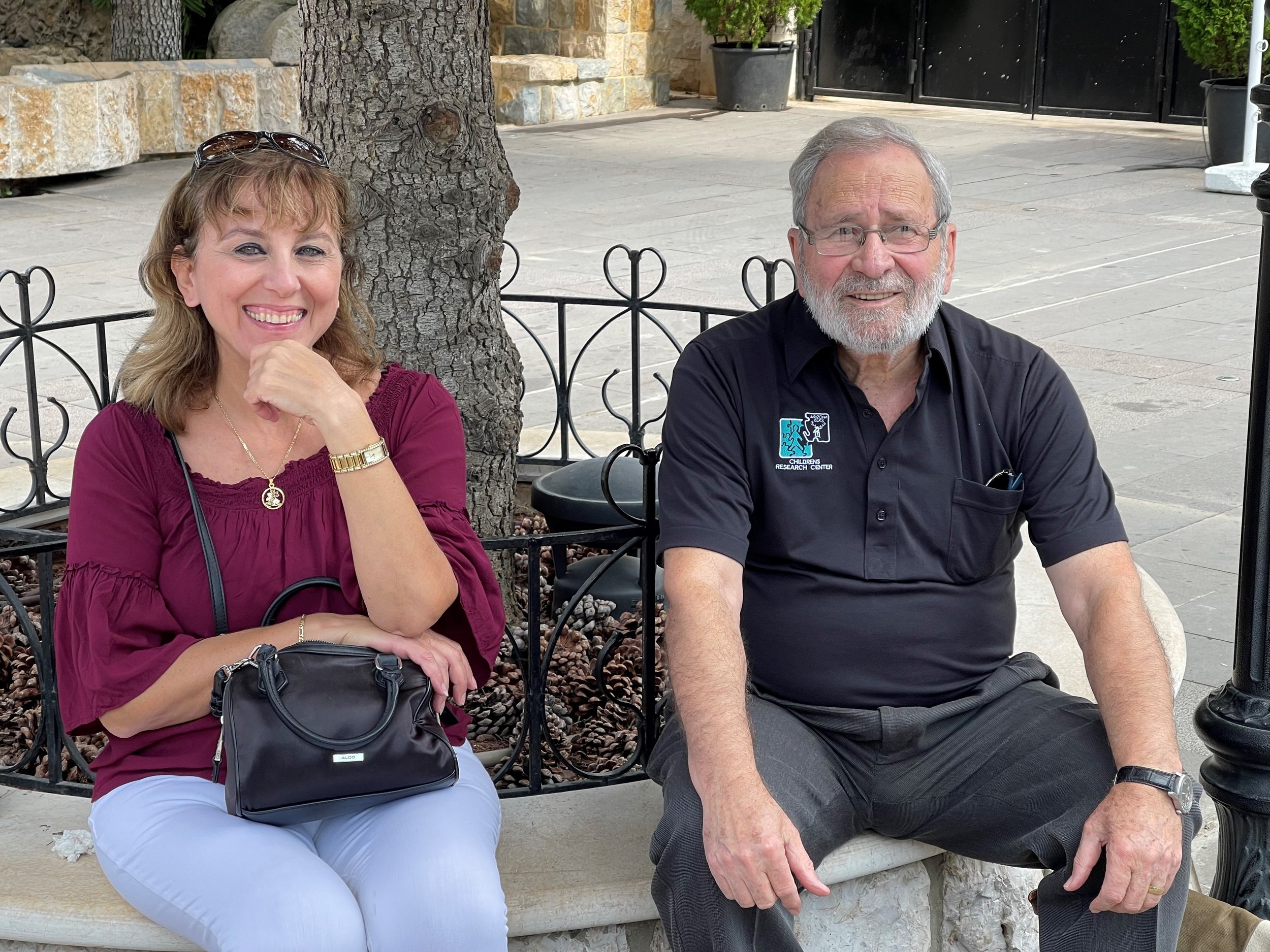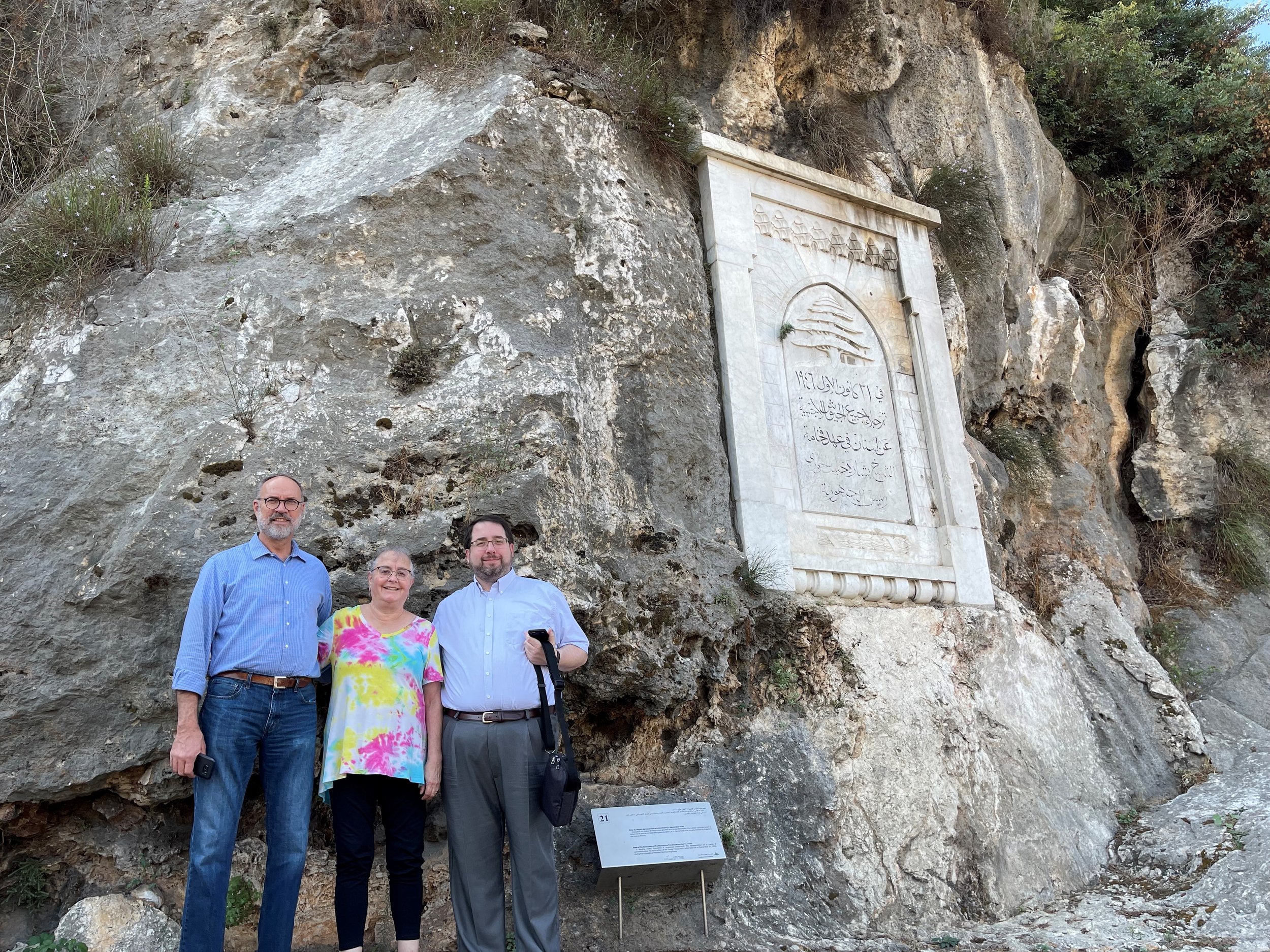Lebanon/Syria #3 - From the Depths to the Heights
Saturday was the second day of our revised schedule. Originally, we were supposed to be in Syria visiting our partners there. But, we had found out on Thursday that our visas into Syria had been denied. With that news, a mad scramble had begun to rearrange our schedule to visit our partners here in Lebanon. On Friday, we were able to meet with our good friends at the National Evangelical Synod of Syria and Lebanon. But Saturday was unspoken for, and so we decided to go and see the sights at Byblos – one of the oldest continuously occupied cities in the world. As we set out, there was a palpable sense of sadness and resignation as the disappointment of not being able to go to Syria continued to sink in. The bitter of the change in circumstances was offset by the sweet of spending this day by adding to our number: Longtime friend and professional guide Viviane Barayka would join us to give us the historical and geographical context of the culture and land on this side of the border.
Our first stop on the way to Byblos was the caves at Jeita, which are truly a marvel to behold. The caves have the longest and largest documented stalactites in the world. But is this what we were supposed to be doing – the “tourist” thing? We left Jeita and began our ascent up the mountains to visit Harissa, an important Christian shrine dedicated to Our Lady of Lebanon. Perched high in the mountains is a huge statue of the mother of Jesus overlooking the ocean below. Co-located with the statue is the largest church in Lebanon, the cathedral of the Maronite Catholics. The church is a wonderful example of 1960’s modernist architecture. But still, the feeling remains: is this what God wanted us to do? Did God have some other purpose for us in Lebanon, or was he shielding us from something in Syria? These and many other questions about God’s will and our ideas of God’s will (and how to discern it) had been the topic of many of our discussions over the past two days.
When we got back on the buses and began our descent down from Harissa, Nuhad’s phone began to ring, Boutros Zaour (pastor of the Presbyterian Church in Damascus) was calling. He had great news; in an astonishing turn of events, he informed us that our visas had been approved! In fact, we needed to be at the border first thing in the morning! Jaws dropped and smiles spread across our faces.
How was this possible? Just as there was no explanation from the Syrian government when our visas were denied, there was no explanation as to why they were now approved. Surely this was a God “thing.” But why was there a turnaround now? Had we just learned something about God’s mysterious ways? Perhaps. But what I was reminded of were the limits of human control and planning. James, 4:13-15 tells us:
“Now listen, you who say, “Today or tomorrow we will go out to this or that city, spend a year there, carry on business and make money.” Why you do not even know what will happen tomorrow. What is your life? You are a mist that appears for a little while and then vanishes. Instead, you ought to say, “If it is the Lord’s will, we will live and do this or that.”
by Steve Burgess, West Hills Church, Omaha, Nebraska





